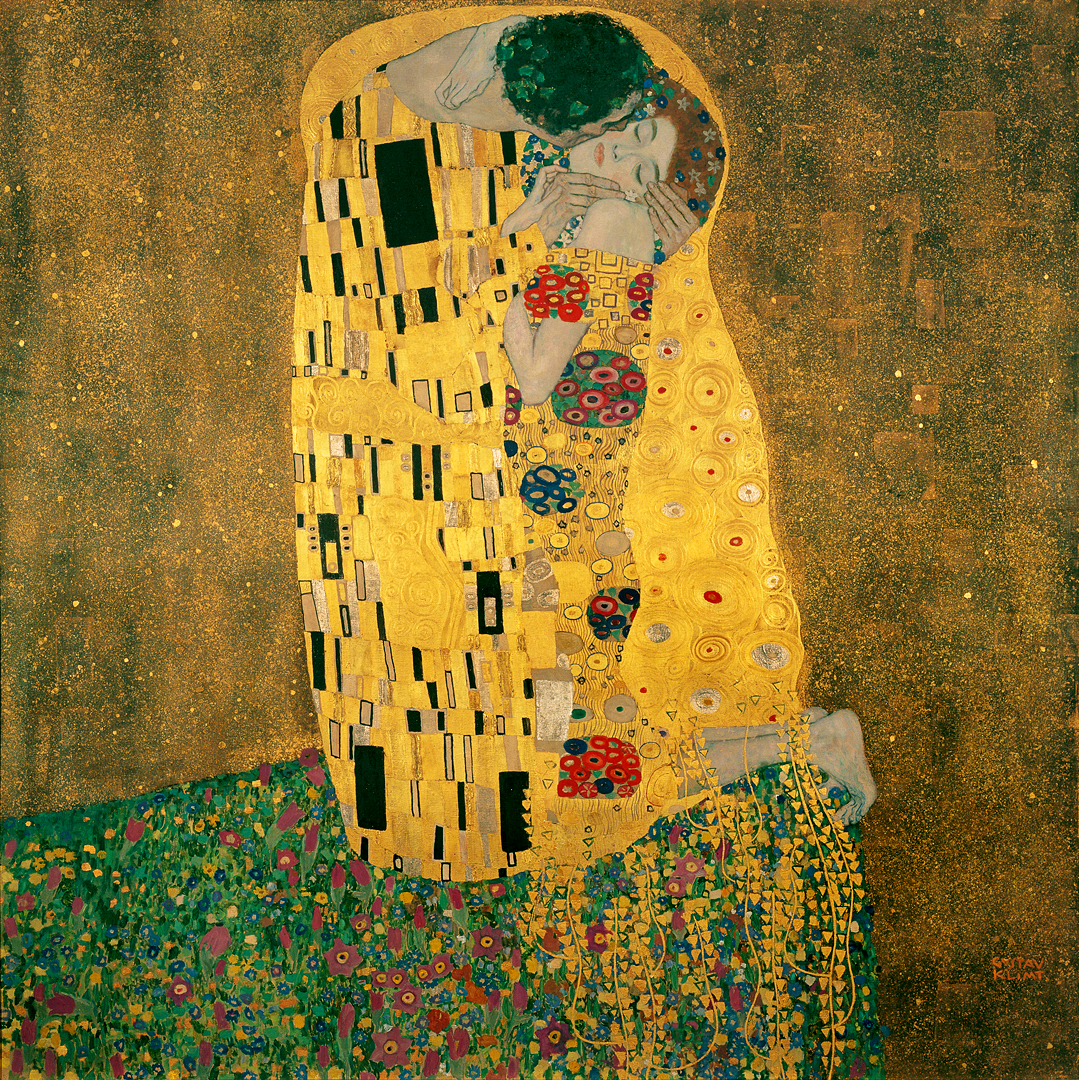Song of Songs
I want to get drunk
with you,
with the sweet, heady wine of your love.
I am starving for you;
my whole body aches
with desire like a fire
consuming me until
I am satisfied in you.
Intoxicate me,
let this love go to my head;
take me now
and fill me up with you.
I want to drown
in you,
in the endless depths of your love.
Parched in the desert I cry for you;
all of my being needs you.
How can I exist
apart from you?
I want to spill myself out
and be consumed by you.
Surround me,
drag me down into the floods;
take me now
and make me part of you.
I want to hide
in you,
in the cool, quiet shade of your love.
Let me lie in your arms
entranced by your presence,
dreaming in the comfort
of your warm embrace.
Cover me with your mantle,
hide me beneath your wing,
take me,
marry me,
make me your own.
Take me now
and make me one with you.
_____________________________________________________
[22. June 2015]
In case you didn't notice, this is about God. ;-)
I got inspired to write this while reading Everything Belongs by Richard Rohr (really good and thought-provoking book!). In one chapter, he speaks of the connection between divine love and human love. In that chapter, Rohr says on prayer: "Often the imagery becomes sexual, because it is the only adequate language to describe this contemplative experience." - "Religious images were once 'sexual': passionate, suffering, naked, bleeding, familial, and relational."
So if you're thinking I was "pushing boundaries" with the imagery here: it was intentional (sorry, not sorry). If you have a problem, go read Song of Songs.
In general, Song of Songs gets interpreted in these 2 ways:
- It is about the love of a couple.
- It is a parable of God's love.
Some references in this poem: Psalm 42 and 63 (thirsting for God), and the "mantle" and "wings" imagery from Ezekiel 16 and the Book of Ruth. Covering with a mantle is a symbol for engagement.
Picture by Gustav Klimt.
